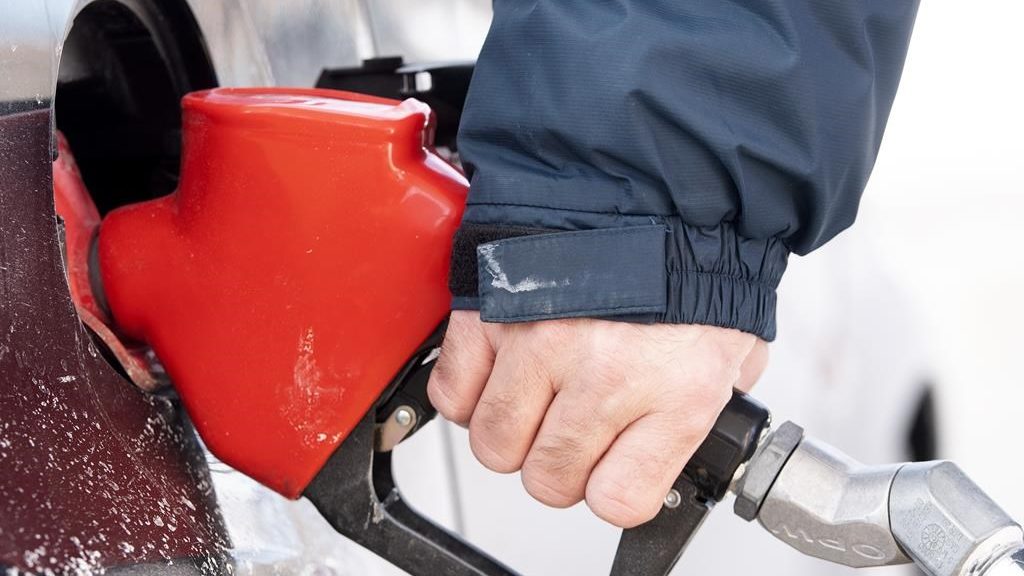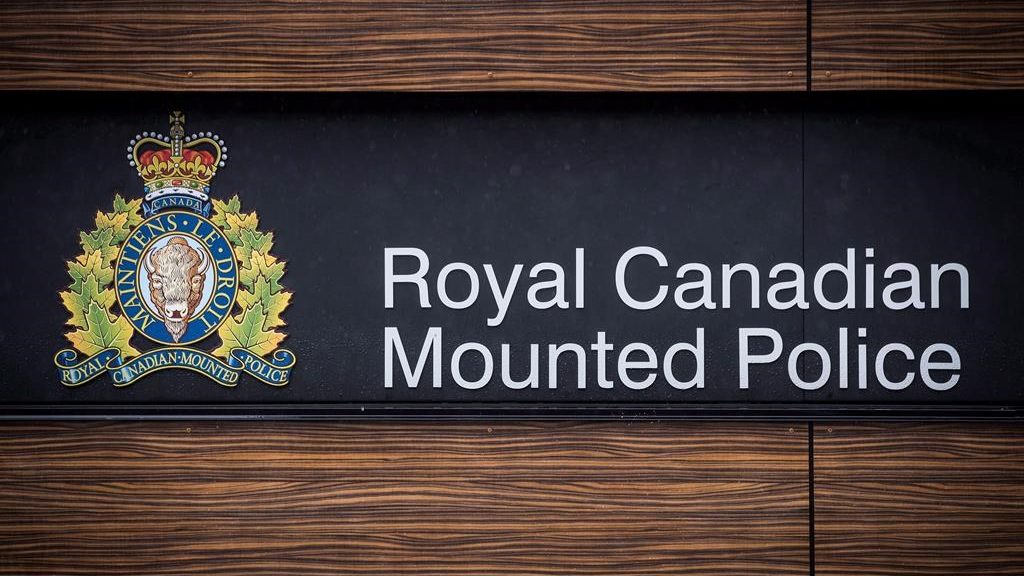CNIB looking for puppy raisers in Halifax
Posted Jul 7, 2022 08:15:00 PM.
The CNIB is looking for puppy raisers in the Halifax area.
There's been a significant spike in demand for guide dogs. While COVID-19 travel restrictions and border closures were in place, there was a 375 per cent increase in interest and applications.
According to the organization, people with sight loss often say having a guide dog is a truly life changing experience, offering them a greater sense of independence, confidence and safety.
The CNIB aims to place about 25 dogs with puppy raisers in Halifax each year.
Along with providing a safe and loving environment, volunteers will need to follow a training protocol for about 12 to 15 months of the animal's life to prepare them for a future as a working dog.
Currently 11 puppies are in our area in various stages of their training.
“Basic obedience, having the dog develop good manners, and making sure they are comfortable in different environments, like stores and places with busy traffic, on the bus and the ferry. That's actually a really big part of the process because those are all environments that, as a guide dog, they would be in pretty much daily,” puppy raising supervisor Laura Kennedy tells CityNews Halifax.
Volunteers must be at least 18 years old, have access to a vehicle and preferably live in a house with a secure yard.
It's also a big time commitment. Those who work outside the home full time will probably need to have an understanding boss as the dogs likely will need to come to their job, and some of their work day may need to be dedicated to the puppy's care and training needs.
Previous dog handling experience is a definite plus but not necessary. If there are other pets in the home, that's okay, but they'll need to be well-behaved and tolerant of other dogs.
And often guide dogs are larger breeds like Golden Retrievers and Labrador Retrievers that need regular exercise.
More information can be found online.
After this basic training, the dogs head to Carleton Place, Ontario for four to six months of formal training before they're assigned a career as a guide dog, buddy dog, or ambassador dog.
Guide dogs and buddy dogs are matched with a person with sight loss, and the new teams will then do additional training together before they graduate. Buddy dogs are matched with children, with the aim of making it easier for them to transition to a guide dog in the future.
Ambassador dogs will partner with a staff member to raise awareness about the guide dog program.
Kennedy admits the most challenging part of the program for volunteers is when the puppies leave their homes and move onto that next stage.
“But so many of them say that they do this because it is so rewarding for them, knowing that they're giving back to their community by raising a puppy who will hopefully someday be someone's eyes, keep them safe and provide them with more independence than they might have had before,” she explained.










